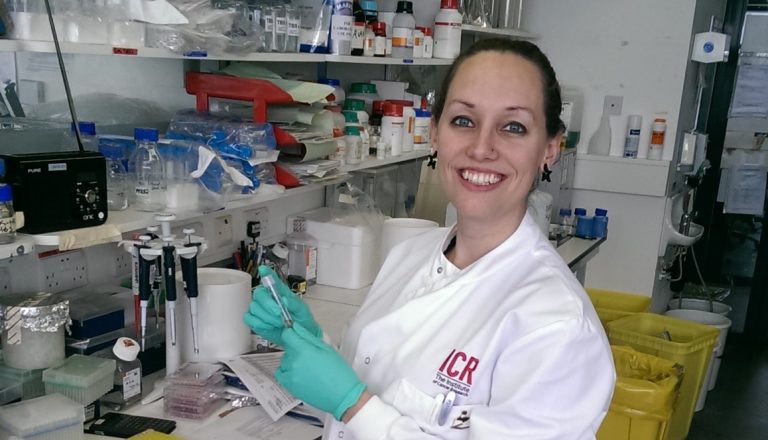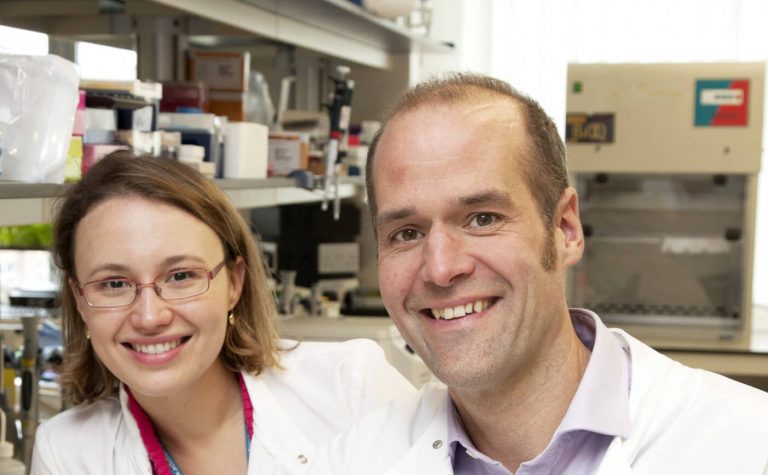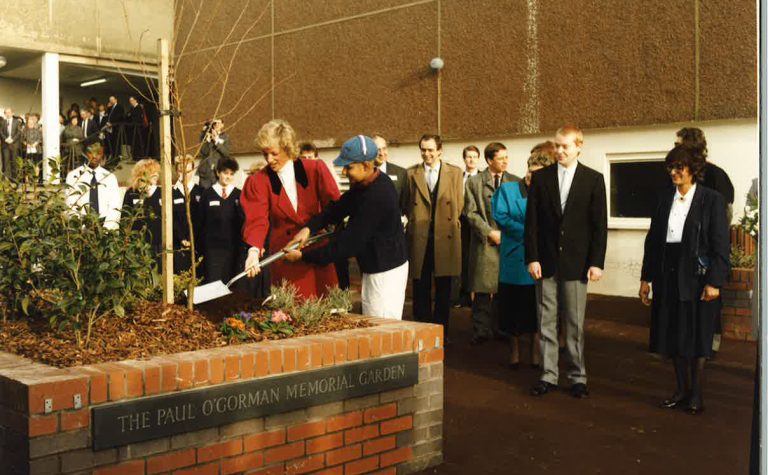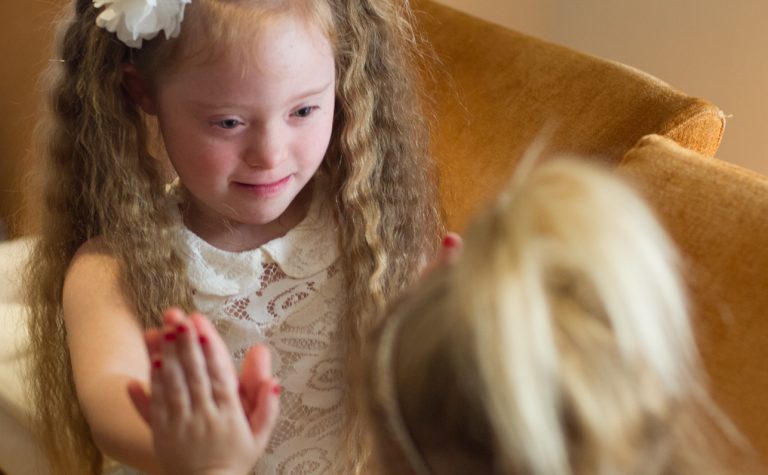About the Research Team
Dr Zoë became one of our first Research Fellows in 2014. Her PhD was at the University of Sussex, working on genes and proteins involved in the development of the fruit fly wing. By studying them in normal development using model organisms we see how these proteins work, and how they lead to tumour formation when things go wrong. Since then she’s been working on a number of proteins that contribute to the growth of RMS tumours, and has unique skills for studying how these proteins may be exploited as therapeutic targets for treating Rhabdomyosarcoma.



